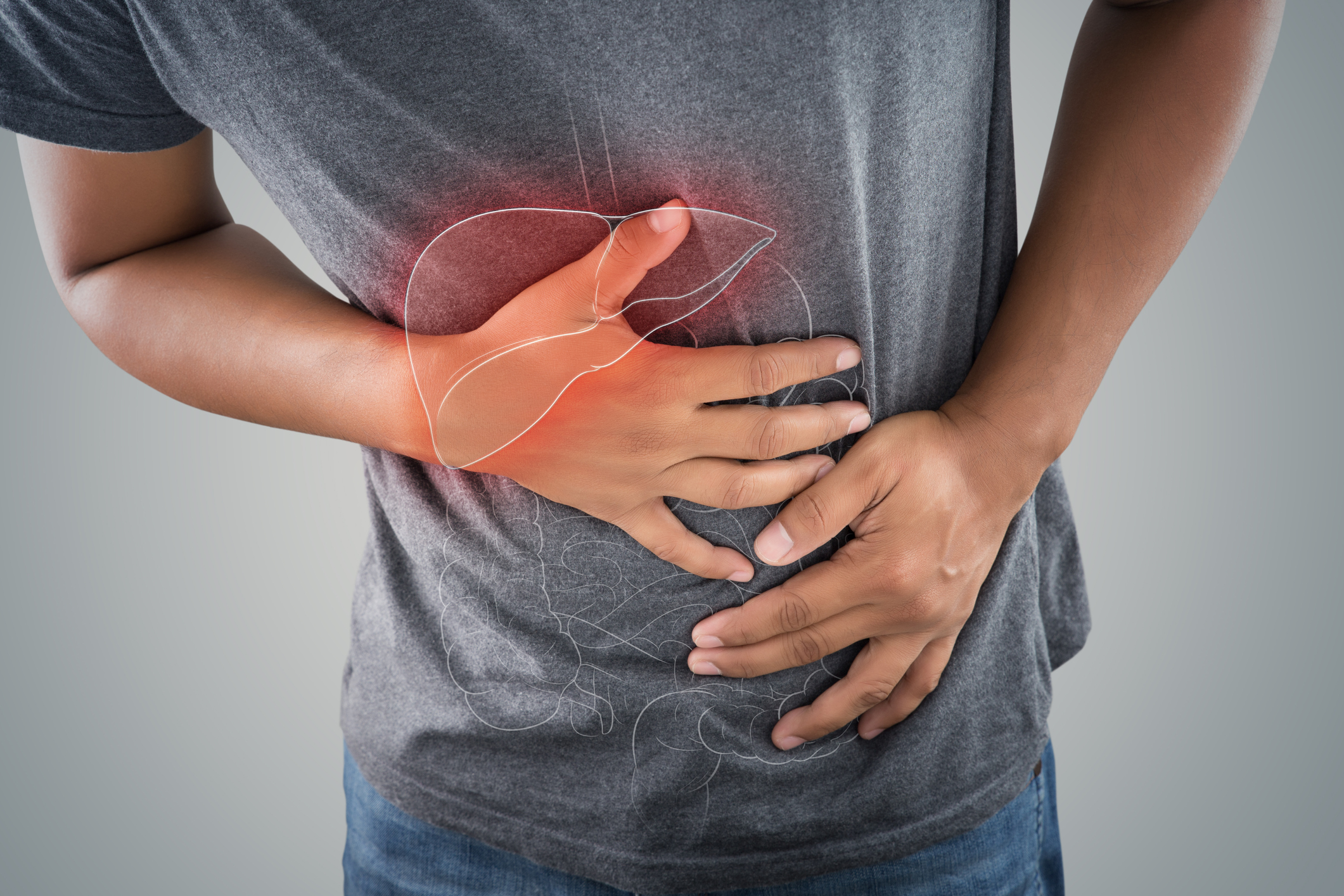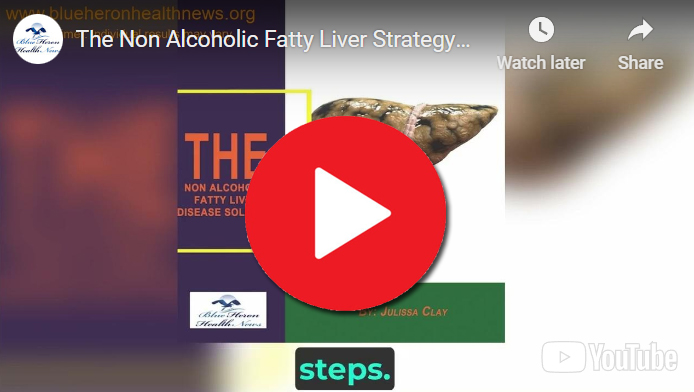
Fatty liver disease, also known as hepatic steatosis, is a condition characterized by the accumulation of fat in the liver. While it’s important to consult with a healthcare professional for a proper diagnosis and guidance, there are some natural treatments that may help improve fatty liver disease. It’s crucial to note that these treatments should complement medical advice and not replace it. Here are some natural approaches that can be beneficial:
- Diet modifications: Adopting a healthy diet is crucial for managing fatty liver disease. Consider the following dietary changes:
- Limit or avoid alcohol consumption completely, as it can worsen liver damage.
- Reduce intake of high-calorie foods, saturated fats, refined carbohydrates, and added sugars.
- Emphasize whole foods, including fruits, vegetables, whole grains, lean proteins, and healthy fats.
- Increase fiber intake, as it may help with weight management and reduce liver fat accumulation.
- Weight management: Losing excess weight, especially if you’re overweight or obese, can significantly improve fatty liver disease. A gradual and sustainable weight loss approach involving a combination of dietary modifications and regular exercise is recommended. However, it’s essential to consult a healthcare professional or a registered dietitian for personalized advice.
- Regular exercise: Engaging in regular physical activity can help improve fatty liver disease. Exercise promotes weight loss, improves insulin sensitivity, and reduces inflammation. Aim for a combination of cardiovascular exercises (such as walking, swimming, or cycling) and strength training exercises. Start slowly and gradually increase the intensity and duration of your workouts.
- Herbal remedies: Some herbal supplements may have potential benefits for liver health. However, their efficacy and safety can vary, so it’s important to consult with a healthcare professional before starting any herbal treatment. Milk thistle, for example, has been traditionally used to support liver health and may have some protective effects.
- Manage underlying conditions: Fatty liver disease can be associated with conditions like obesity, diabetes, and high cholesterol levels. Managing these conditions effectively, through medication, lifestyle modifications, or both, can help improve fatty liver disease.
- Reduce exposure to toxins: Minimize exposure to environmental toxins and chemicals, as they can contribute to liver damage. Avoid smoking, limit exposure to secondhand smoke, and be cautious with household chemicals and workplace toxins.
Remember, it’s crucial to consult a healthcare professional for an accurate diagnosis and guidance on the appropriate treatment plan for fatty liver disease. They can provide personalized recommendations based on your specific condition and medical history.
See More on Video

The Non Alcoholic Fatty Liver Strategy™ By Julissa Clay The program provided in this eBook is very reasonable and realistic as it neither restricts your diet miserably so that you cannot stick to the changes in diet suggested in it nor wants you to do intense exercises for many hours every week.